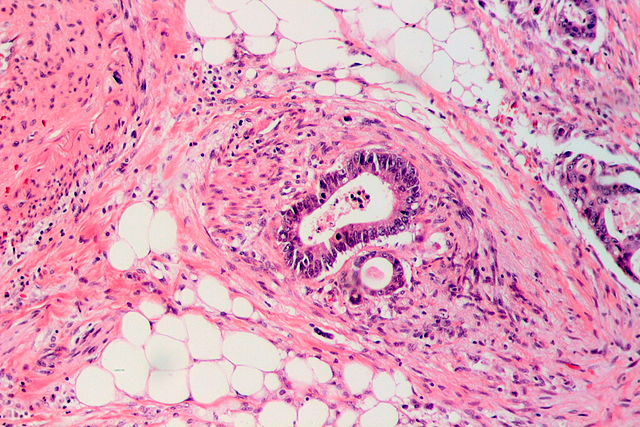Colorectal cancer stands as the most fatal form of cancer among men below the age of 50, and it is the second most lethal cancer among women in the same age bracket, following breast cancer.
Over the past two decades, the incidence of colon cancer has exhibited a continuous increase. It was previously ranked as the fourth-leading cause of cancer-related mortality for individuals under the age of 50, irrespective of gender.
Across all age groups, lung cancer maintains its position as the primary cause of cancer-related death.
- California RESIDENTS To RECEIVE $500 MONTHLY PAYMENTS In New Guaranteed Income Program: Here Is Who Is Eligible
- Us Job Market Booms With 272,000 New Jobs, But Unemployment Rises Slightly To 4.0%
- Credit Scores Of 720+ See Improved Loan Rates This Week
- Examining The Facts: Fact Check On IRS $8700 Stimulus Check Eligibility & Payment Dates
- Gas Prices On Downward Trend As Fourth Of July Road Trips Approach: AAA
Prostate cancer holds the second position among men, while breast cancer claims the second spot among women.
Colorectal cancer ranks third overall, affecting both sexes.
Despite the ongoing decline in overall cancer mortality rates in the United States, the American Cancer Society has recently revealed a noteworthy shift.
Colorectal Cancers Top Causes in Younger Adults’ Deaths

For the first time, colon and rectal cancers have emerged as primary contributors to cancer-related deaths among younger adults.
Traditionally associated with the elderly, cancer has seen a decrease in the proportion of new cases among individuals aged 65 and older—from 61% in 1995 to 58%.
This decline is primarily attributed to reductions in prostate and smoking-related cancers. Interestingly, this decline has occurred even as the percentage of individuals in the 65 and older age group has increased from 13% to 17% in the general population.
Conversely, there has been an uptick in new cancer diagnoses among adults aged 50 to 64 since 1995, rising from 25% to 30%.
While the report notes an increase in rates of breast cancer, endometrial cancer, and mouth and throat diseases, it does not provide a breakdown of these diagnoses by age.
These findings align with the observations made by cancer doctors over the course of several years.
How to Prevent Colorectal Cancer?
Commencing at the age of 45, colonoscopy screening is commonly advised, though individuals with familial occurrences of the disease may necessitate an earlier initiation of screening.
For instance, an individual with a parent diagnosed with colon cancer at age 50 would commence screening at age 40.
It is noteworthy, however, that merely one-third of colon cancer diagnoses are linked to a family history or inherent predisposition to the disease.
Risk reduction strategies include the maintenance of a healthy body weight and the limitation of red meat consumption in the diet.
Indicators that may indicate an issue, encompass the presence of blood in the stool, abdominal pain, unintended weight loss, and alterations in bowel habits.
